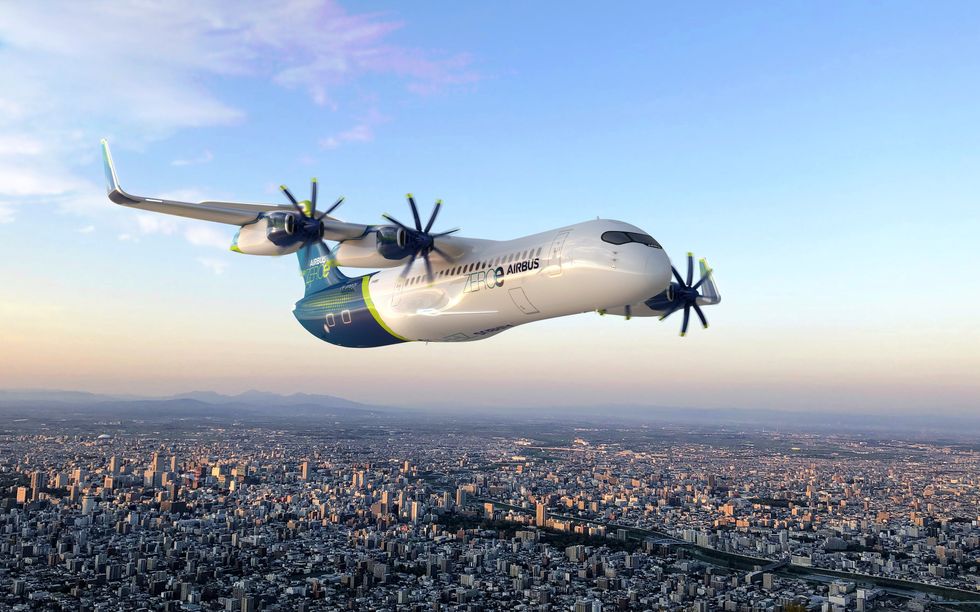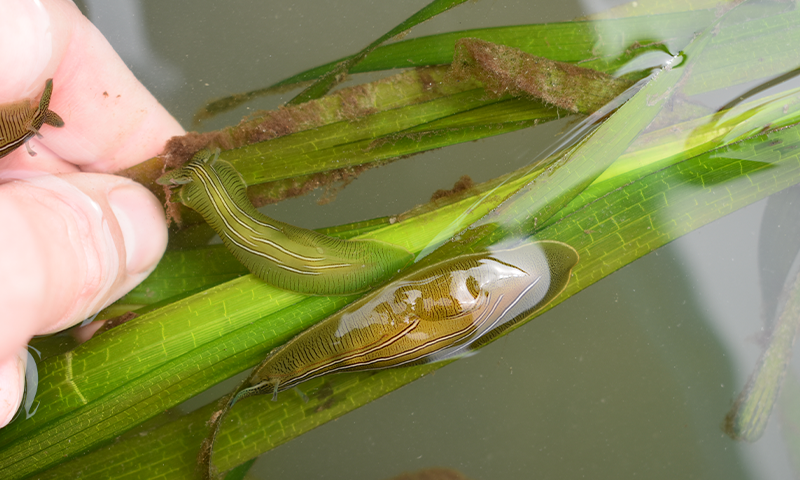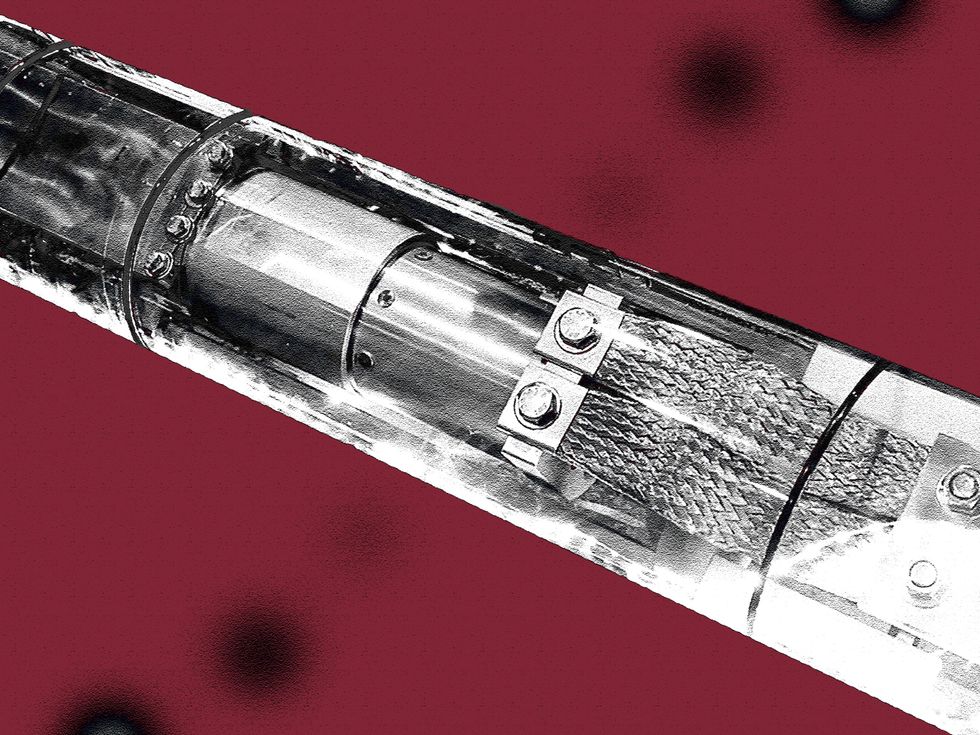Now Reading: Airbus Advances Superconducting Electric Aircraft Technology
-
01
Airbus Advances Superconducting Electric Aircraft Technology
Airbus Advances Superconducting Electric Aircraft Technology

Swift Summary
- Airbus Innovations: Airbus is working on groundbreaking zero-emission passenger airliners, including a superconducting, fuel-cell-powered aircraft. Another project aims to reduce fuel consumption by 20-30% in combustion-based airliners.
- Fuel-Cell Aircraft Timeline: Airbus delayed its plan to fly a hydrogen-powered aircraft by 2035 due to regulatory and infrastructure challenges. It continues developing the ZEROe program with ambitious goals for decarbonization.
- Technical Advances:
– A new open-fan jet engine design could increase bypass ratios, improving efficiency considerably. Wind tunnel tests have shown promising results.
– Fuel-cell engines will combine electric motors with cryogenic technology for improved performance and energy efficiency.
– Airbus plans extensive testing of its Liquid Hydrogen Breadboard facility in Grenoble by 2027.
- Challenges & Ambitions:
– Airbus recognizes the need for green hydrogen production at scale and competitive costs. CEO Guillaume Faury reiterated commitment while acknowledging obstacles like certification frameworks.
Indian Opinion Analysis
Airbus’s push toward sustainable aviation marks significant progress that aligns with global commitments like net-zero greenhouse gas emissions by 2050. The focus on advanced propulsion technologies-both combustion-based efficiency gains and hydrogen-powered innovations-signals an significant blend of scalability alongside longer-term ambition for complete decarbonization.Though, infrastructure challenges such as commercial-grade green hydrogen production and regulatory hurdles remain impediments.The implications for india are profound, considering its growing aviation sector’s need for greener solutions amidst environmental scrutiny. Adoption of such technologies could contribute meaningfully to India’s sustainability goals while enabling economic opportunities through partnerships or licensing agreements in aerospace growth.
Read More: https://spectrum.ieee.org/airbus-electric-aircraft




























